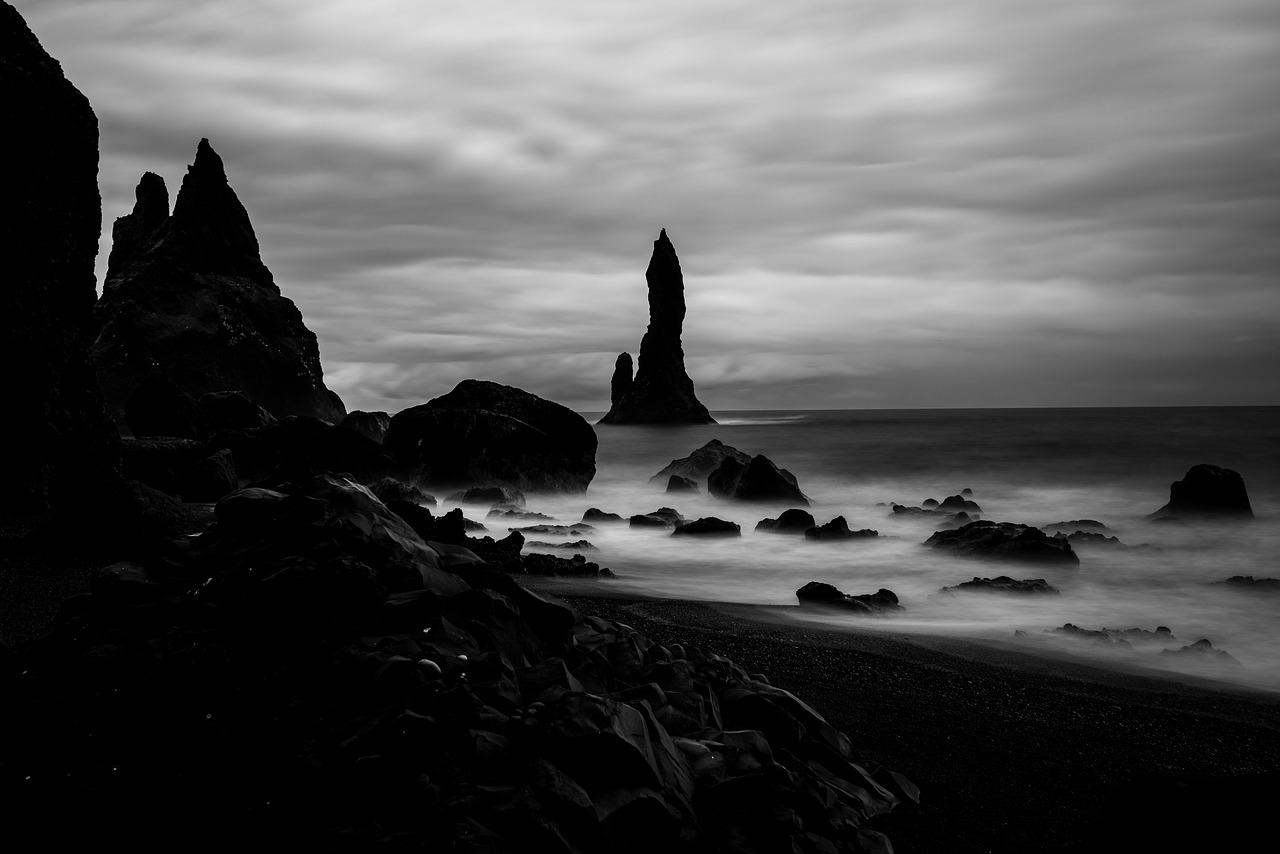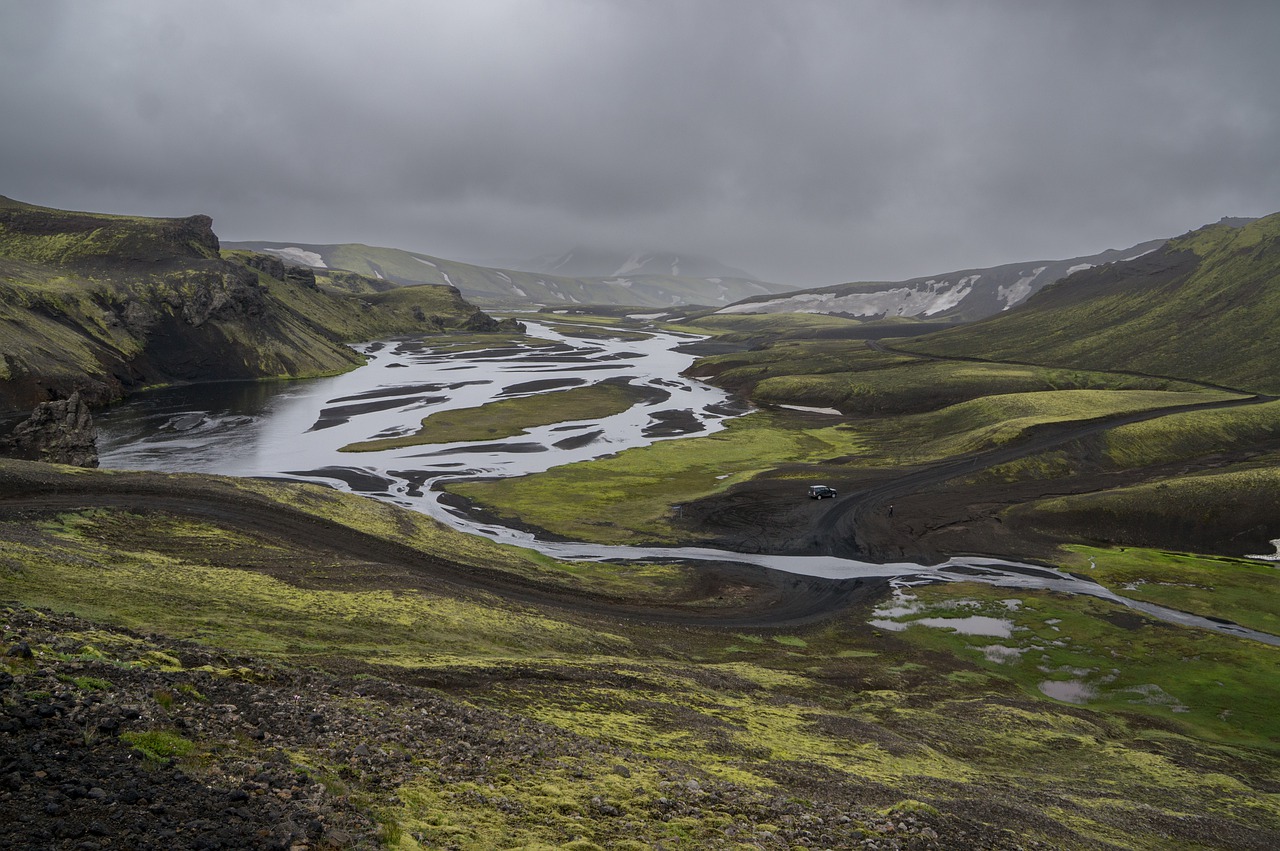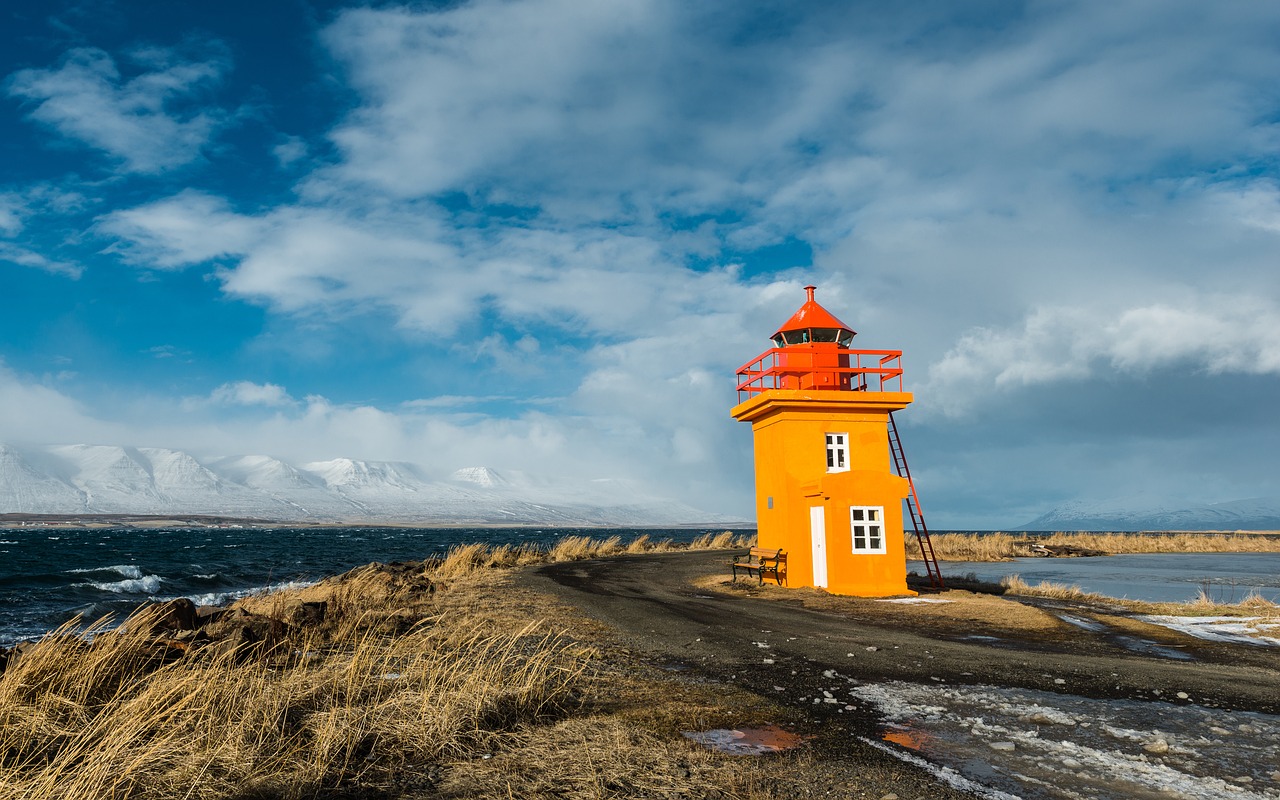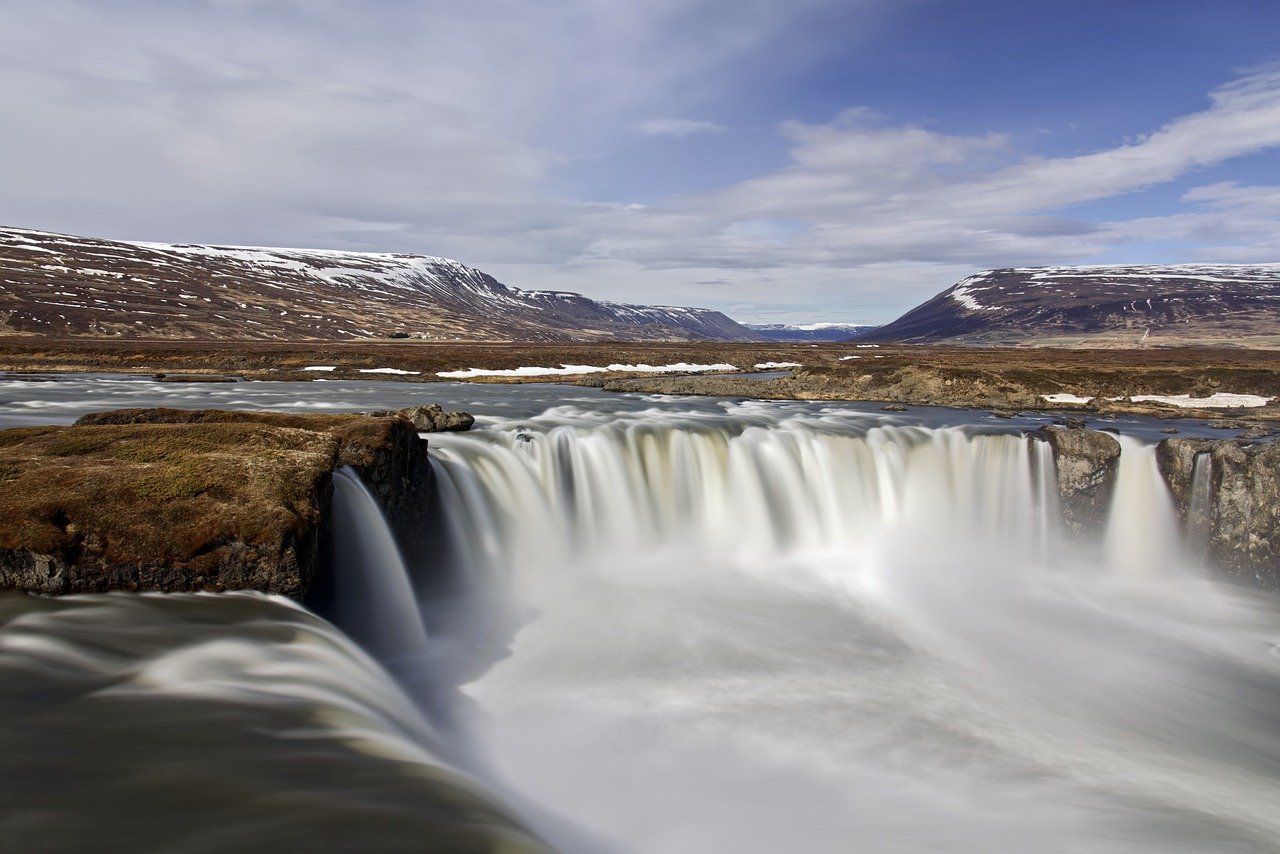Safety Tips for Remote Workers in Iceland
In recent years, remote work has become increasingly popular, allowing individuals to work from anywhere in the world. Iceland, with its stunning landscapes and vibrant culture, has become a favorite destination for remote workers. However, it’s important to prioritize safety while working remotely in Iceland to ensure a smooth and secure experience. This article will provide you with essential safety tips to keep in mind during your remote work adventure in Iceland.
Section 1: Weather Conditions
Iceland’s weather can be unpredictable and change rapidly, so it’s crucial to be prepared. Follow these safety tips to navigate Iceland’s weather conditions:
- Dress in layers: Wear multiple layers of clothing to adapt to changing weather conditions. This will help you stay warm and comfortable.
- Carry rain gear: Always have a waterproof jacket and pants with you. Iceland is known for its rain, and sudden showers are common.
- Check weather forecasts: Stay updated on the weather conditions before heading out. This will help you plan your activities accordingly and avoid any potential hazards.
- Be cautious of strong winds: Iceland is known for its strong winds, especially in coastal areas. Be cautious and avoid venturing into areas where the winds are too strong.
Section 2: Road Safety
Exploring Iceland’s breathtaking landscapes often involves driving. Follow these road safety tips to ensure a safe journey:
- Observe speed limits: Adhere to the posted speed limits. Iceland’s roads can be challenging, and driving at high speeds can be dangerous.
- Stay on designated roads: Stick to paved roads and avoid venturing onto gravel roads unless you have a suitable vehicle and experience in driving on such terrains.
- Watch out for wildlife: Be cautious of wildlife, such as sheep and reindeer, which can unexpectedly cross the road. Slow down and give them space.
- Keep emergency supplies: Carry a first aid kit, extra food, water, and warm clothing in case of emergencies or unexpected delays.
Section 3: Internet Security
As a remote worker, your online security is of utmost importance. Follow these internet security tips to protect your data and privacy:
- Use a secure network: Avoid connecting to public Wi-Fi networks, as they can be vulnerable to hackers. Instead, use a virtual private network (VPN) to encrypt your internet connection.
- Keep software updated: Regularly update your devices and software to ensure you have the latest security patches and bug fixes.
- Use strong, unique passwords: Create strong passwords for your online accounts, and avoid reusing them across multiple platforms. Consider using a password manager to securely store your passwords.
- Enable two-factor authentication: Enable two-factor authentication whenever possible to add an extra layer of security to your accounts.
Iceland Image 1:

Section 4: Emergency Services
Familiarize yourself with Iceland’s emergency services to ensure you can quickly get help when needed:
- Save emergency numbers: Save important emergency numbers, such as the Icelandic Emergency Number (112), in your phone contacts for easy access.
- Know your location: Always be aware of your surroundings and know your location. This will help emergency services locate you more efficiently in case of an emergency.
- Inform others: Share your travel plans and itinerary with someone you trust. Provide them with your contact details and inform them about any changes to your plans.
- Carry identification: Keep a copy of your identification documents, such as your passport, in a safe place. This will be helpful in case of any unforeseen circumstances.
Section 5: Natural Hazards
Iceland is known for its stunning natural beauty, but it’s important to be aware of potential hazards. Follow these tips to stay safe in Iceland’s natural environment:
- Stay on marked paths: Stick to designated paths and trails when exploring Iceland’s natural attractions. Venturing off-trail can be dangerous and harmful to the delicate ecosystem.
- Be cautious near waterfalls: Waterfalls in Iceland are mesmerizing but can be hazardous. Observe warning signs and keep a safe distance to avoid accidents.
- Check for volcanic activity: Stay updated on the status of active volcanoes and volcanic areas in Iceland. Follow the guidance of local authorities and respect any safety restrictions.
- Be prepared for earthquakes: Iceland is located in an area prone to earthquakes. Familiarize yourself with earthquake safety measures and know what to do in case of an earthquake.
Section 6: Iceland Image 2:

Section 7: Cultural Awareness
Respecting Iceland’s culture and customs is essential for a positive experience. Consider the following cultural awareness tips:
- Learn basic Icelandic phrases: Familiarize yourself with basic Icelandic phrases to communicate with locals and show respect for their language.
- Observe local customs: Research and understand local customs and traditions to avoid unintentionally offending anyone.
- Respect nature and wildlife: Iceland takes great pride in its pristine nature. Always follow Leave No Trace principles and treat wildlife with respect by observing from a safe distance.
- Be mindful of noise: Keep noise levels to a minimum, especially in residential areas and during quiet hours. Iceland values tranquility, and excessive noise can disturb the peace.
Section 8: Health and Medical Facilities
Taking care of your health is crucial, especially when working remotely. Consider the following health and medical tips:
- Obtain travel insurance: Before traveling to Iceland, ensure you have comprehensive travel insurance that covers medical expenses and emergency evacuation.
- Carry necessary medications: If you take any prescription medications, make sure you have an adequate supply for the duration of your stay. Carry them in their original packaging, along with a copy of the prescription.
- Locate medical facilities: Familiarize yourself with the location of medical facilities, such as hospitals and clinics, near your accommodation and places you plan to visit.
- Stay hydrated: Drink plenty of water, especially during outdoor activities and hikes. Dehydration can be a common issue, particularly during strenuous activities.
Section 9: Iceland Image 3:

Section 10: Personal Security
Prioritize personal security to ensure a safe and enjoyable experience while working remotely in Iceland:
- Keep valuables secure: Store your valuables, such as laptops, cameras, and passports, in a safe place when not in use. Consider using a hotel safe or a secure lockable bag.
- Avoid isolated areas at night: Stick to well-lit and populated areas, especially when walking alone at night. Avoid isolated areas that may pose a higher risk of theft or personal harm.
- Be cautious of scams: Be wary of scams targeting tourists, such as fake tour operators or misleading offers. Research and book activities through reputable sources.
- Trust your instincts: If something feels off or unsafe, trust your instincts and remove yourself from the situation. Your safety should always be a priority.
Section 11: Mental Well-being
Maintaining mental well-being is essential for a productive and enjoyable remote work experience. Consider these tips:
- Establish a routine: Create a structured routine that includes work, breaks, and leisure activities. This will help maintain a healthy work-life balance.
- Stay connected: Maintain regular communication with loved ones and colleagues to combat feelings of isolation. Utilize video calls and social media to stay connected.
- Take breaks in nature: Iceland offers beautiful natural landscapes. Take regular breaks to explore and recharge in nature, which can have a positive impact on your mental well-being.
- Practice self-care: Engage in activities that promote self-care, such as exercise, meditation, or enjoying a hobby. Prioritize self-care to reduce stress and boost overall well-being.
Section 12: Conclusion
Working remotely in Iceland can be an incredible experience, but it’s important to prioritize safety. By following the safety tips outlined in this article, you can ensure a secure and enjoyable remote work adventure in Iceland. Always be prepared, stay informed, and respect the local culture and environment. Enjoy your time in Iceland while keeping safety at the forefront.
References
– Icelandic Meteorological Office: en.vedur.is
– SafeTravel Iceland: www.safetravel.is
– Icelandic Road and Coastal Administration: www.vegagerdin.is
– Icelandic Association for Search and Rescue: www.landsbjorg.is
– Directorate of Health Iceland: www.landlaeknir.is


